Infocenter
Here you’ll find current press releases and information on upcoming events.
Press Information:
Stay updated and be inspired by interesting news and projects.
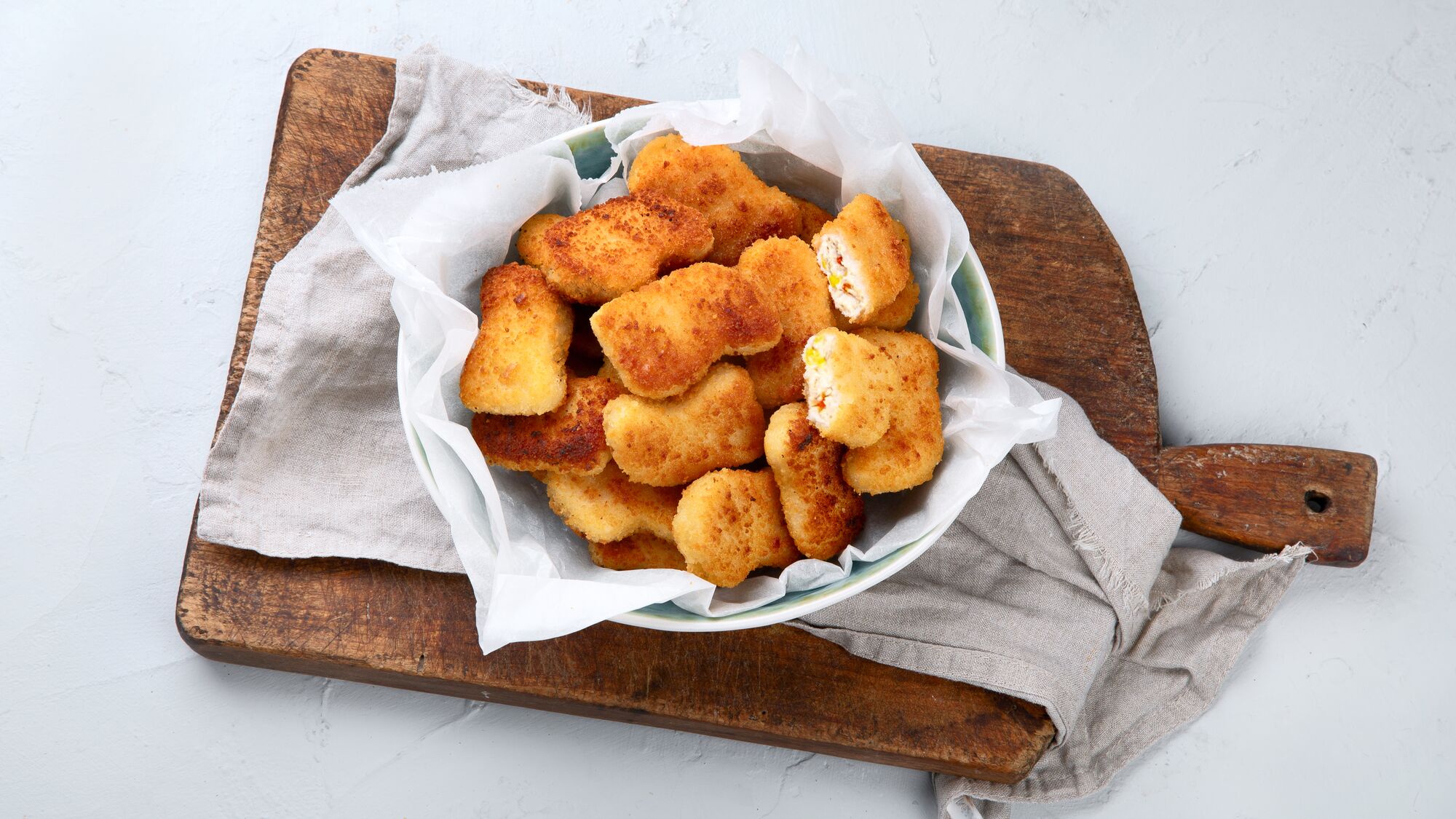
Innovative Meat Products: Addressing Trends to Boost
What products are consumers looking for? Which trends promise attractive sales? From among the current Top Ten Trends listed by Innova Market Insights, Hydrosol has identified three promising focus areas for the meat industry…
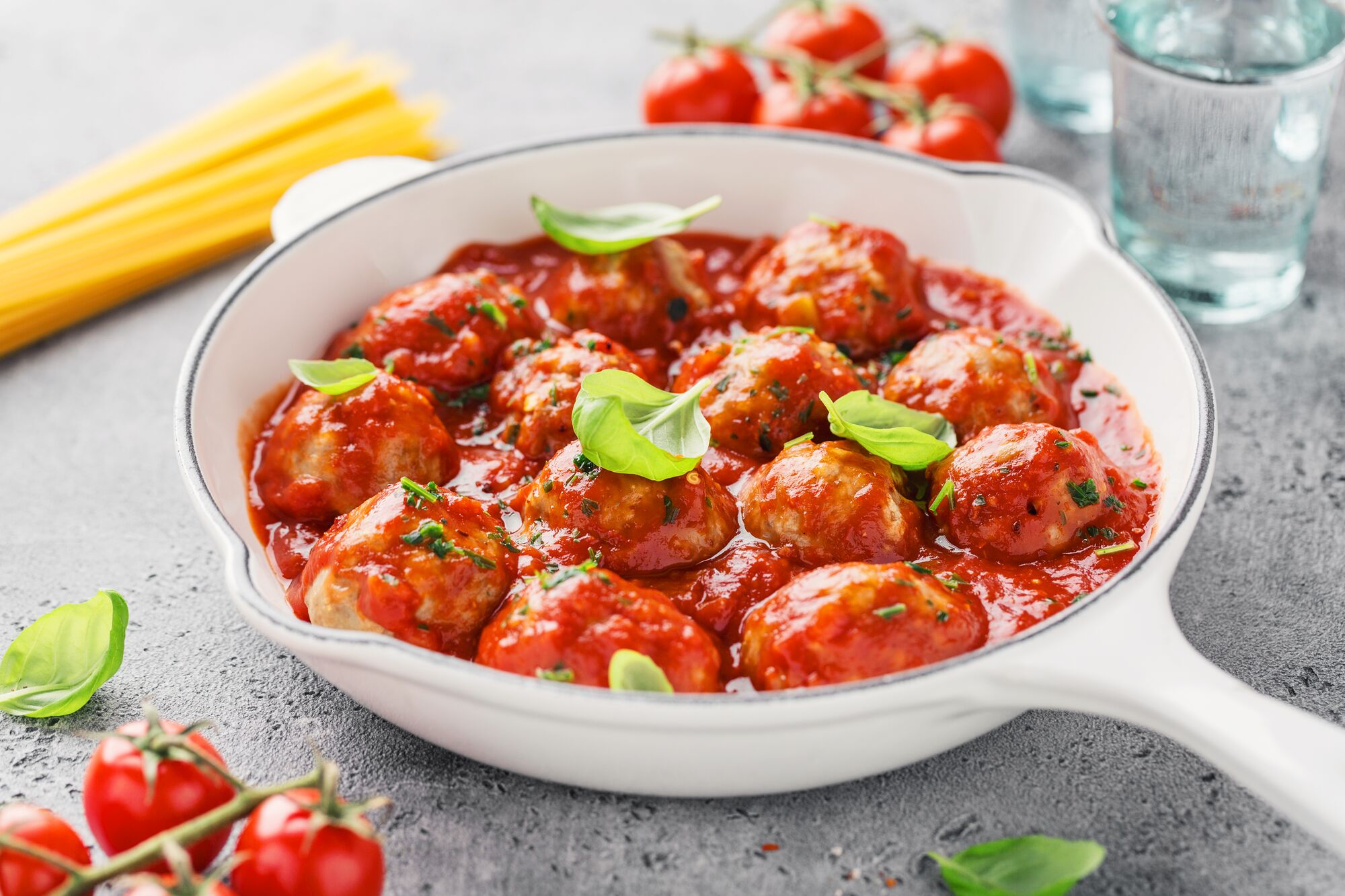
IFFA 2025 Taste the Flavor of the Future With Hydrosol and Planteneers
At this year’s IFFA, sister companies Hydrosol and Planteneers are showing forward-looking solutions, including hybrid products and meat alternatives based on new plant-based protein sources such as mycoprotein. Exciting developments around…
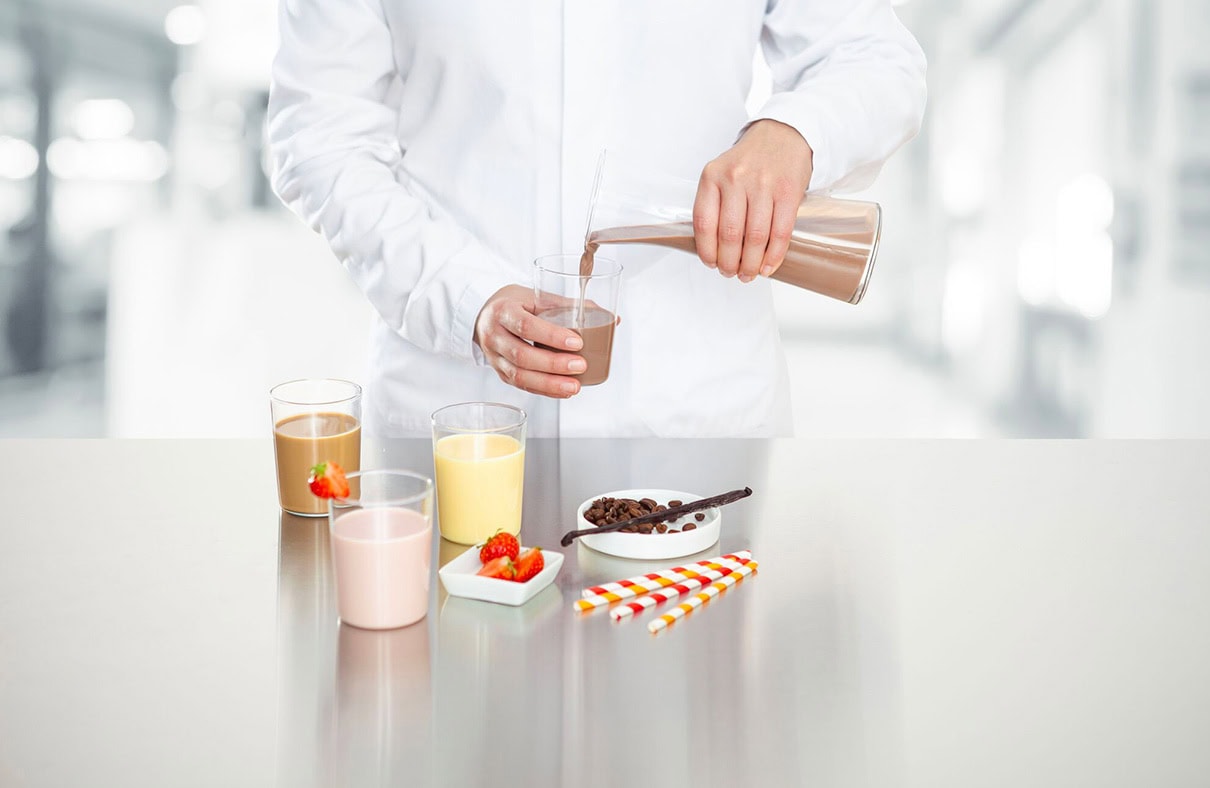
The Milk Products Growth Market: Implementing Current Trends Profitably
Dairy products are seeing worldwide revenue and sales growth, according to market research firm Innova Market Insights. One of the major drivers of this is new product launches, which grew by 2.6 percent in the last five years. West Europe accounts for…

Mixed Fat Cream Offers Economical and Functional Advantages
Restrained consumer behavior will continue on the food market next year. For example, in Great Britain over half of people invest time and effort into finding the lowest prices, according to a recent study of consumer behavior in multiple markets by market research company Mintel....
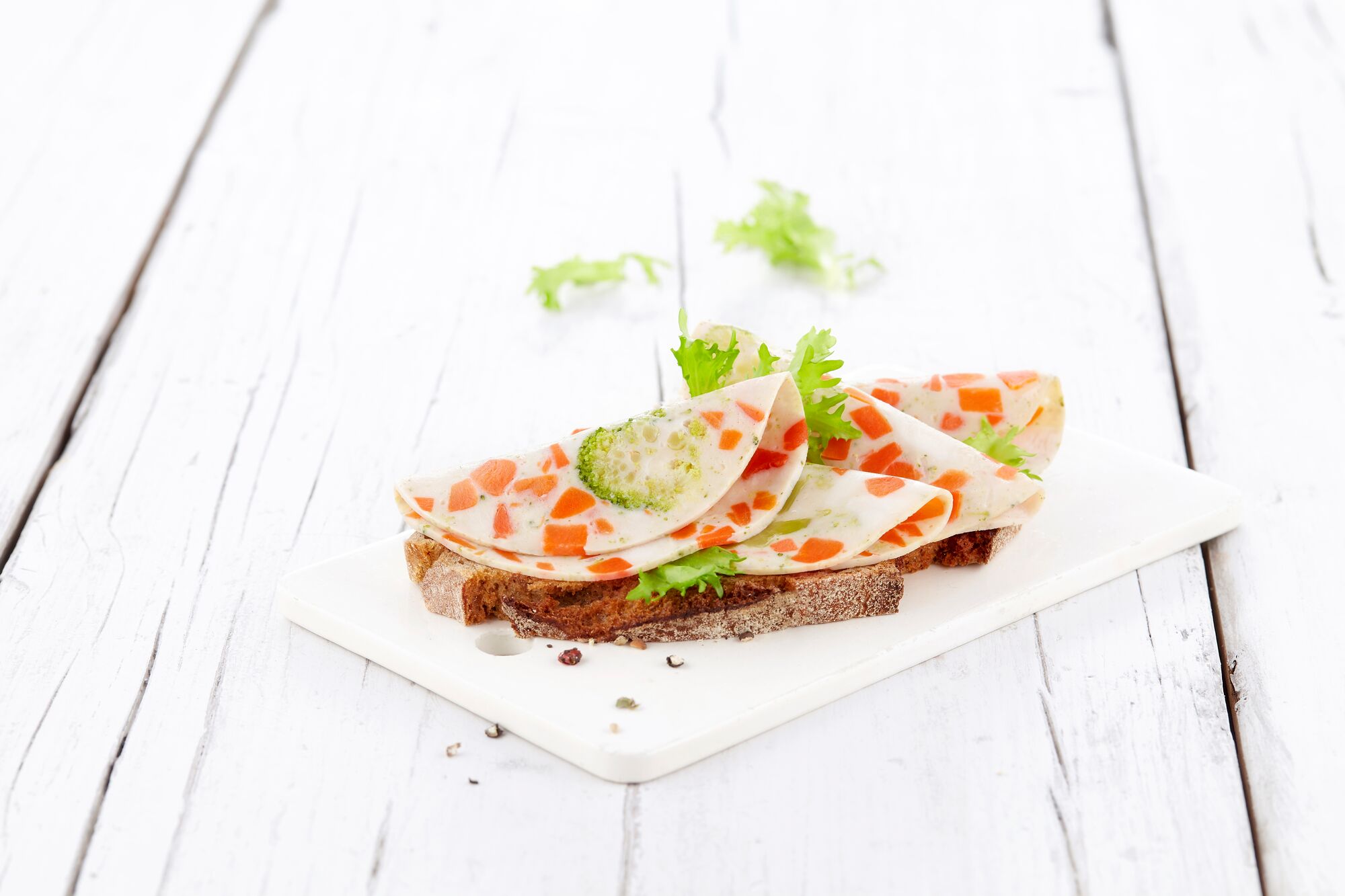
Hybrid meat products: Sales drivers for different requirements
According to Meticulous Research, hybrid products generated global sales of 58.7 million US dollars in 2020. According to forecasts, this figure will increase more than tenfold by 2028. With an annual growth rate...

Best Agers Meet Best Practice: Proven Stabilizing Systems Newly Presented
At this year’s FiE, Hydrosol is showcasing highlights for meat, dairy and deli products, and especially its new Best Ager concepts. These are aimed at the 55+ generation, for whom fitness, an active lifestyle, and...
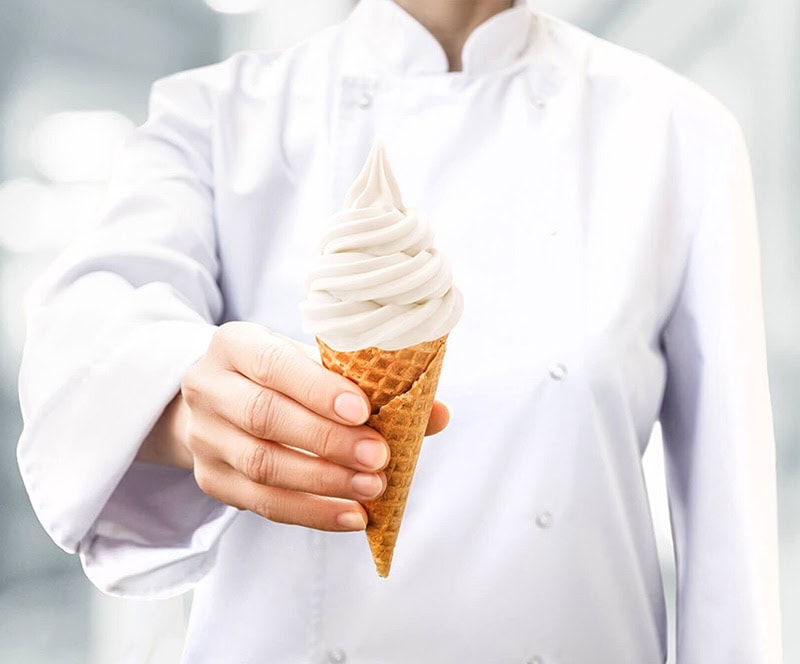
Hydrosol Showcasing Soft-Serve Ice Cream Solutions, Vegetable Fat Creams for Hot Climates, and Protein-Rich Chicken Chips
Worldwide sales of soft-serve ice cream have grown continuously for the last five years. According to Innova Market Insights, annual growth has been a good 7.3 percent and rising. Soft-serve ice cream is a popular and trendy category. Accordingly, at Gulfood Manufacturing in Dubai Hydrosol is presenting...
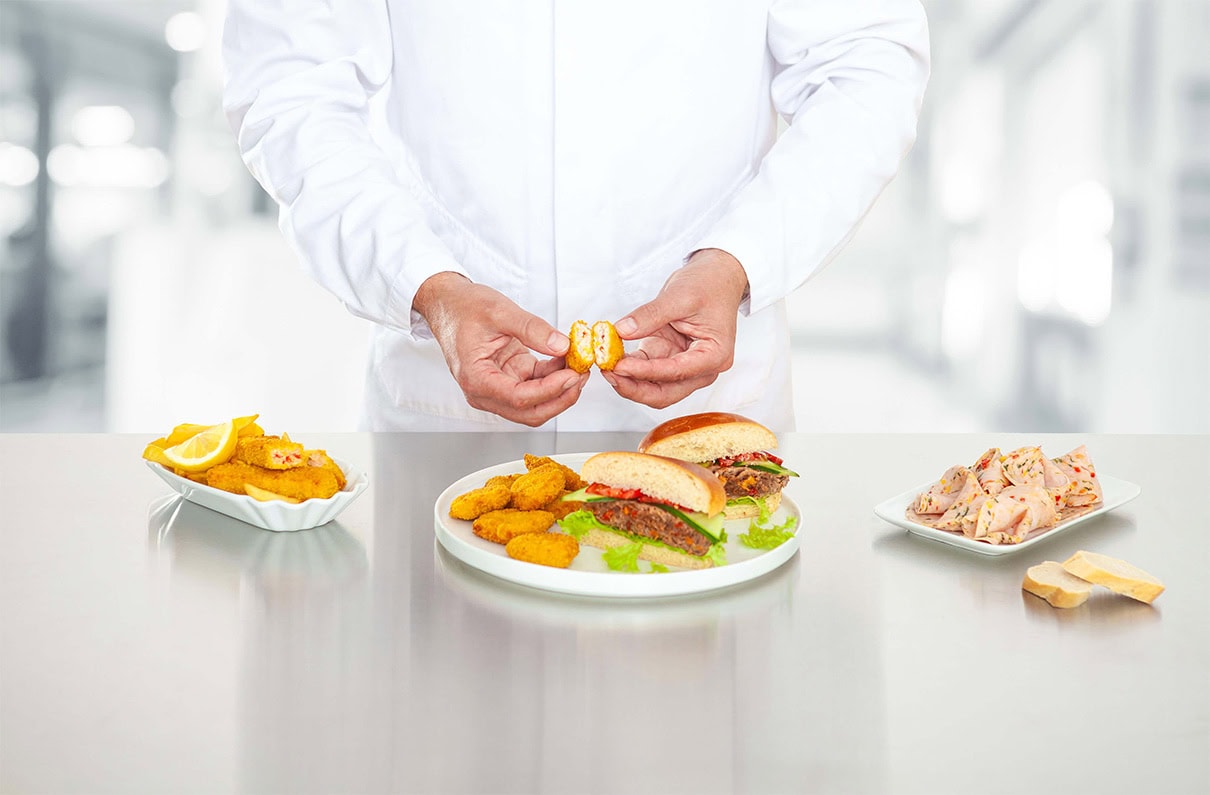
High-Quality Meat and Sausage Products at Affordable Prices
Cost and value for money continue to be important criteria for consumers when buying food and beverages. This is shown by a survey conducted by Innova Market Insights. However, rising production costs and the fluctuating availability of raw materials are driving up prices. One example is the meat industry. To ensure...
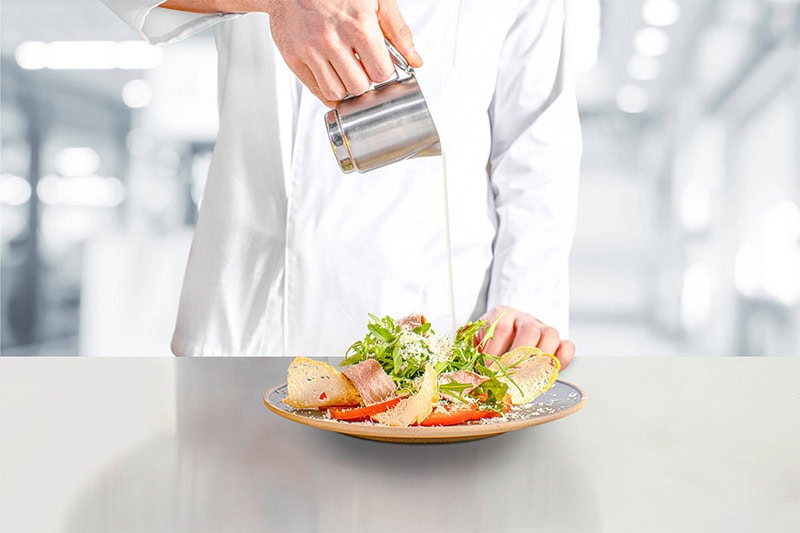
New deli concepts go for healthy indulgence
Health brands are offering special indulgence moments, while convenience classics are making points with additional health benefits. Health and indulgence are blending more and more into a whole. Innova Market Insights calls this current top trend “Indulging in Health”. Less sugar, less fat, enrichment with health-boosting nutrients...

New Best Ager concepts combine health and indulgence
It might seem strange to call Brad Pitt or Julia Roberts Best Agers, but age-wise they are perfect exemplars of this cohort, which is between Generation X and the Baby Boomers. Of much more relevance, however, is the interest of this 55-plus generation in fitness, active lifestyles, and conscious nutrition. Hydrosol and its sister companies SternVitamin and OlbrichtArom have developed...

Stabilizing system for mayonnaise a hidden champion in food market
It gives salads, sandwiches and burgers that special something – no wonder mayonnaise has been so popular around the globe for so long, as the Hydrosol Stabimuls MRH range shows. These stabilizing systems for mayonnaise and mayo sauces with different fat contents have been bestsellers in the Hydrosol portfolio for 20 years...
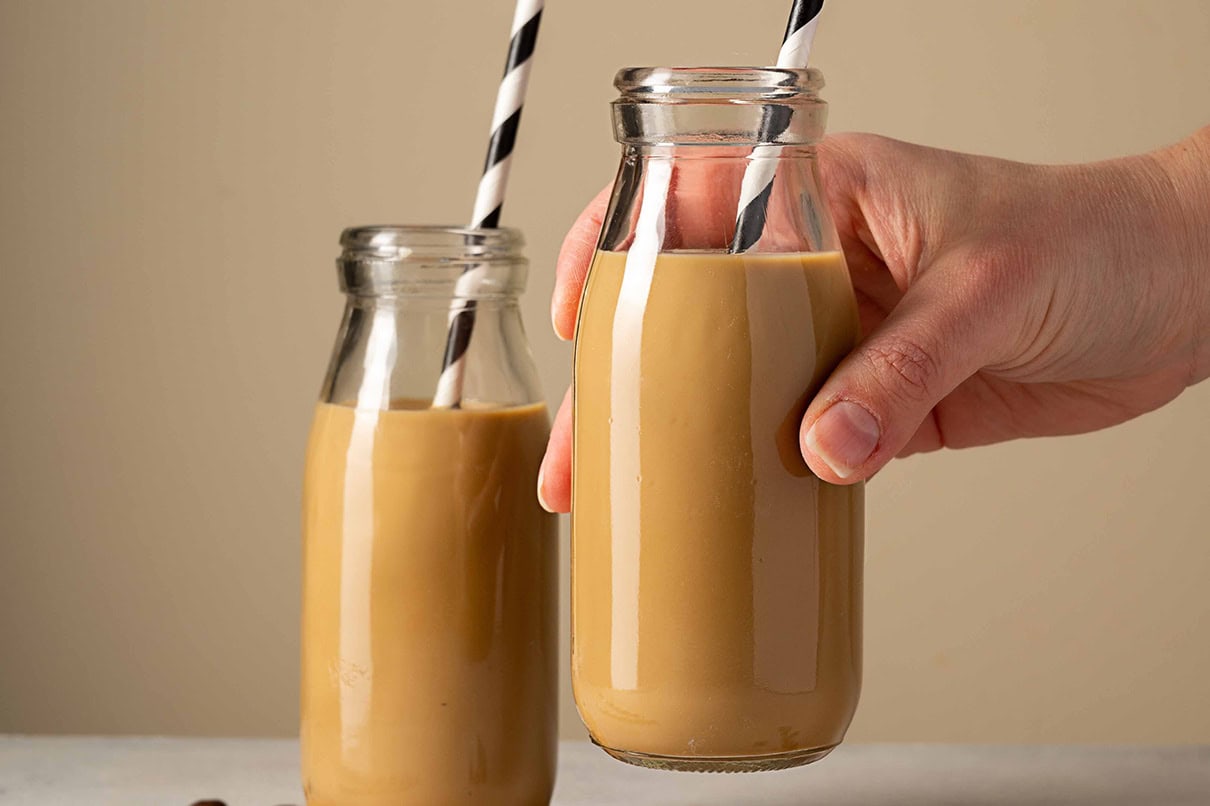
The coffee drinks growth market: New Hydrosol stabilizing systems for ready-to-drink products
Over the past ten years ready-to-drink coffee beverages have shown steady growth worldwide. In 2023 alone revenue rose by 4.8 percent to total 30.6 billion euros, and continues to trend upward. This is the conclusion of a study by market research institute Statista Market Insights. They prognosticate...
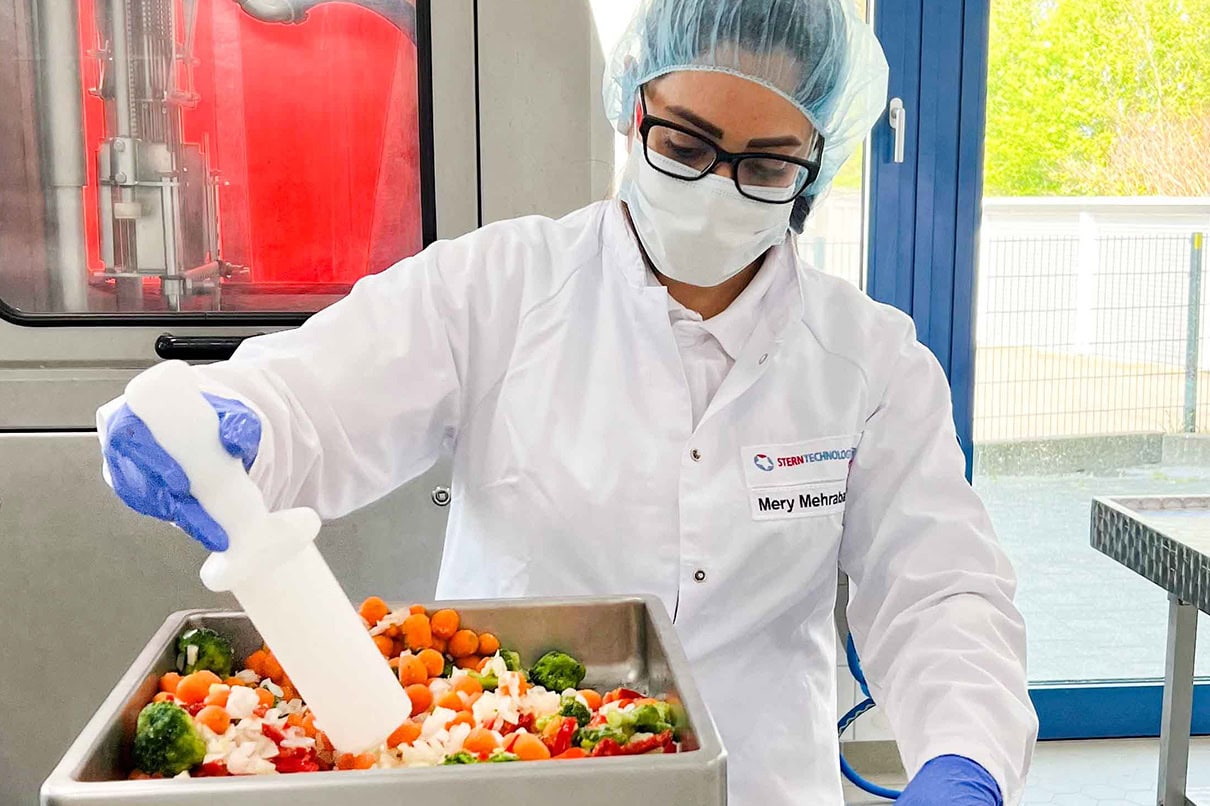
Vegetables and meat united in a single product
Meat in the middle of the plate, vegetables on the side: A familiar combination that now offers new possibilities in the market for alternative meat products. These have special appeal for consumers who want to eat less meat in general, but are unwilling to compromise either on flavour or on consistency...

Hydrosol puts popular classics in a new light
At this year’s Food Ingredients Europe, Hydrosol is serving a modern version of the classic dish “currywurst and French fries” at stand 3.1D160 – with a fat-reduced French fries sauce, a curry sauce with an intensive taste and a hybrid sausage. Whereas in the field of dairy products, the focus is on the best-selling product: vegetable-based cream. In addition, Katharina Burdorf, Team Lead Product Management at Hydrosol, is diving into the topic of cellular agriculture as a speaker on 29 November at the FIE Conference. The title of the presentation...

Cultured meat: The next level of alternative proteins
Ahrensburg, September 2023 – In June the US Department of Agriculture granted two companies final approval for the sale of cultured chicken meat. This makes the US the second country after Singapore in which meat from cell cultures can be sold. Companies on all five continents are researching cultured meat. According to market research, last...
Trade Fairs and Events
Meet us at the following events
No-obligation consulting? We’re here for you.
We attach great importance to consulting quality, and we take time for you. As specialists for individual solutions, we aren’t satisfied until we’ve achieved the best possible results for you.